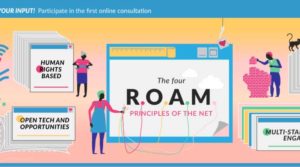The work on the project to define Internet Universality Indicators was led for UNESCO by APC on behalf of the Internet Indicators Consortium, which includes, apart from APC, ict Development Associates, Research ICT Africa, LIRNEasia and DIRSI.
Consultation with stakeholders played a central part in developing the indicator framework, as well as making the questionnaires available in all of the six UN official languages (Arabic, Chinese, English, French, Russian, Spanish). The first phase of consultation, from June to October 2017, was concerned with broad principles and ideas for the framework as a whole. The second phase, from December 2017 to March 2018, was concerned with specific indicators. Towards the end of 2017, a draft set of options for specific indicators was published, and stakeholders were again asked for their views on these.
APC and UNESCO also organised regional and global multistakeholder consultations in Africa, Latin America and the Caribbean (LAC), Europe and Asia. During the first phase, 24 face-to-face consultation meetings in 21 countries attracted 165 written and online contributions. During the second phase of consultations, 12 face-to-face consultation meetings in 10 countries attracted 148 written and online contributions. There was also a global consultation that took place during a session at the 2017 IGF.
To watch out for: In 2018, the final development of the Internet Universality Indicators will be made public.

